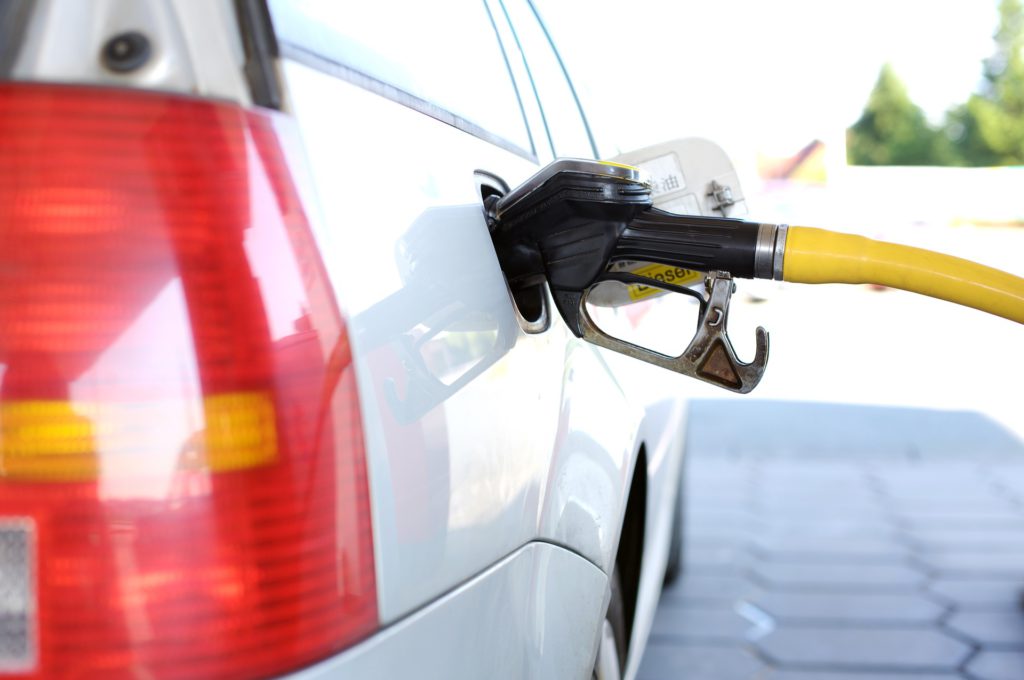Diesel deal could see off bans and boost sales in Germany
05 July 2017

05 July 2017
German vehicle manufacturers are hoping that a plan, currently under discussion with the Government to reduce pollution from older diesel-powered vehicles, will avert potential city bans and boost flagging sales.
The German Government, which has, until recently, been defending the diesel industry since the Volkswagen (VW) emissions scandal broke, is under pressure to reduce pollution caused by vehicles or see courts force cities to impose driving bans on diesels in an effort to improve poor air quality. Currently, both Munich and Stuttgart are considering bans, with Cologne also preparing a plan. With a national election due in the country on 24 September 2017, the government is aware it needs to please both the public and the vehicle manufacturers.
Therefore, the government has announced plans to work with both vehicle makers and regional governments to find ways to reduce emissions, with a meeting scheduled for 2 August.
In a news conference, the head of the German industry association VDA, Matthias Wissmann, stated that he expected the meeting would help to lift uncertainty on diesel that has been affecting sales in Germany due to the threat of driving bans, noting that more than 40% of cars sold in Germany are still diesels.
In June 2017, new car sales in Germany fell 3.5% to 327,693 vehicles, dragged down by a 9% drop in sales of diesel cars while sales of petrol-powered vehicles rose almost 12%. Wissmann said he was worried about the market share of diesel falling because modern diesel engines emit 15% less carbon dioxide than petrol-powered cars and can therefore help to reduce carbon emissions.
During June 2017, a deal was announced between manufacturers BMW and Audi, and the local government in Bavaria, whereby 50% of their Euro 5 vehicle fleets would be retrofitted with new software, which would help them to reduce their emissions output. It is expected that this move could form the basis of the wider discussions, which would see all vehicle makers offer updates, which could cut a vehicle’s nitrogen oxide (NOx) emissions by 25%.
A potential stumbling block for this plan is the question of who will pay for the retrofitting. The manufacturers have agreed to cover the costs of software development, but servicing costs are still up for discussion, with a conclusion expected by the August meeting.
Meanwhile, the Federal Motor Transport Authority (KBA) has tested the CO2 output from diesel passenger cars made by German manufacturers, with the results confirming the official values as measured on the test bench during NEDC testing.
The KBA has investigated 19 different vehicles to determine the consumption and CO2 output of current models offered by manufacturers when they take the laboratory test (NEDC) for emissions testing. The results show that except for two vehicles, the values now found by the KBA match those recorded for type approval – or in some cases are actually below them. The deviations are within the normal technical tolerances.